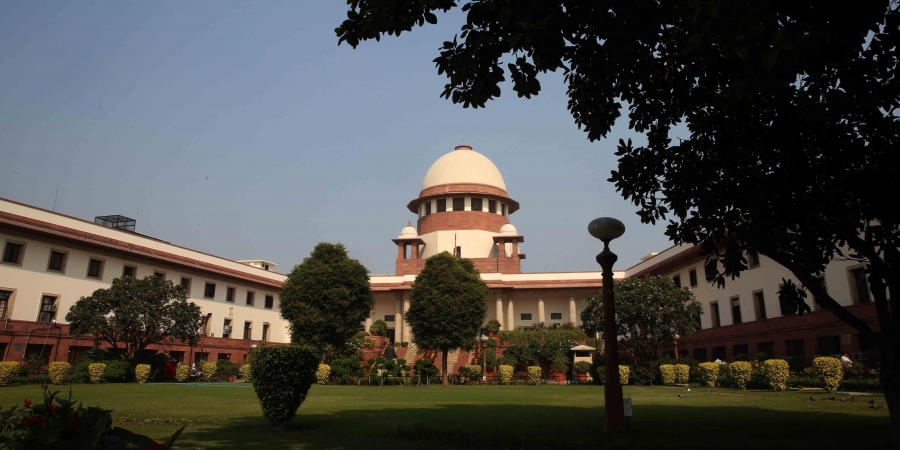Latest News
Supreme Court:memorandum Of Family Settlement Does Not Require Registration

A three-Judge Bench of the Supreme Court passed a judgment recognizing the error committed by the High Court of Punjab and Haryana in reversing a well-considered decision of the Appellate court. The court in its judgment also acknowledged that a Memorandum of Settlement does not require registration. In the present case, the plea was the result of a family settlement arising out of a property dispute in the year 1970. Both the parties of the dispute were bound by the terms of the Memorandum of settlement but a dispute arose again between the parties in 1988 when the terms of the Memorandum were executed.
Both parties then filed a plea in the court claiming that they were the owner of the property according to the terms of the Memorandum of Settlement. The first Appellate court in its judgment allowed the appeal filed by the petitioner and decreed the suit. This urged the defendants to file a second appeal in the High Court of Punjab and Haryana. The High Court in its judgment reversed the decree of the Appellate court stating that registration is required for a document that creates a right in favor of the plaintiff for an immovable property in which he had no pre-existing rights. Aggrieved by this judgment of the High Court the petitioner approached the Supreme Court. The Supreme Court in its observations concluded that the High Court did not deal with the factual aspects of the matter properly. The Supreme Court further stated that a Memorandum of settlement is merely a settlement between the parties and does not require registration.
This case was also earlier referred to a three-judge bench to answer the issue of whether a person claiming the title by virtue of adverse possession can maintain a suit under Article 65 of Limitation Act,1963 for a permanent injunction seeking protection of his property. The three-Judge bench in its observation had concluded that there is no bar on the petitioner under Limitation Act,1963 and he can sue in the case of infringement of any rights.
Document:



































































































